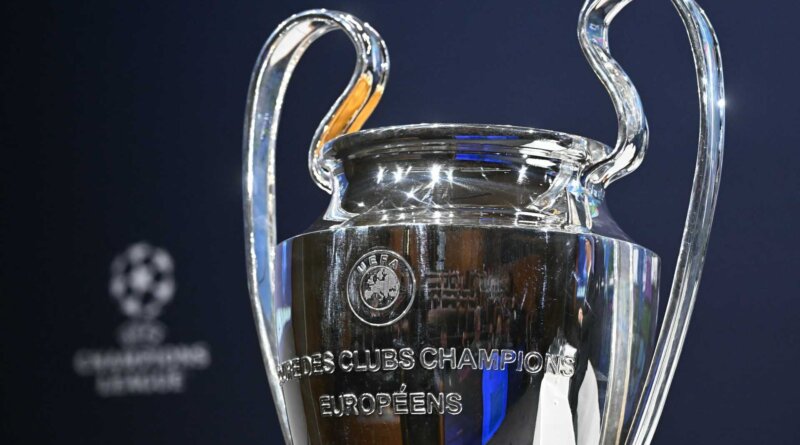Champions League Final Kick-Off Time Moved for 2025-26
Champions League final fans will see a significant change starting from the 2025-26 season, as UEFA has officially announced an adjustment to the match’s kick-off time. This change will debut at the Puskas Arena, and aims to improve the overall experience for spectators both in the stadium and around the world.
Champions League Final Kick-Off Time: What’s Changing?
Since 2010, the Champions League final has traditionally been held on a Saturday night, with a late evening kick-off. While this scheduling has helped make the event a prime-time spectacle across Europe, it has also brought certain logistical challenges. Late finishes have often caused difficulties for fans traveling to and from the stadium, with transportation options becoming limited after the match concludes.
UEFA has listened to this feedback and, in a bid to address these concerns, has decided to bring the Champions League final kick-off time forward. Starting with the 2025-26 season finale at the Puskas Arena, the final will begin earlier in the evening, making it more convenient for match-going supporters and TV audiences alike.
Why the Champions League Final Kick-Off Time Matters
The adjustment in the Champions League final kick-off time is a response to growing requests from fans and organizers. Earlier matches mean supporters—especially those traveling internationally or with families—can manage their journeys more easily. It will also reduce the strain on local infrastructure, preventing the rush of fans departing late at night.
UEFA’s decision is also expected to benefit global audiences, including those in regions where late-night kick-offs have made viewing difficult. By aligning the start time with the needs of a wider audience, UEFA aims to enhance accessibility and fan engagement.
Impact on the Future of European Football’s Biggest Night
This change marks a notable shift in how UEFA approaches its flagship event. The Champions League final kick-off time has become a focal point for improving the fan experience. With the 2025-26 final at the Puskas Arena set to debut this new schedule, UEFA is sending a clear message about its commitment to inclusivity and convenience.
The move may also set a precedent for other major football competitions, prompting further assessments of match scheduling for the benefit of fans. By prioritizing spectator needs, UEFA strengthens the prestige of the Champions League final and reaffirms its status as the most celebrated fixture in club football.
How Fans and Clubs Have Reacted
Initial reactions from fans and clubs have largely been positive. Supporters’ groups have long advocated for earlier kick-offs, citing issues like limited transport options and the inconvenience of late-night finishes. Many clubs have also welcomed the change, acknowledging the improved safety and comfort it brings for traveling supporters.
Broadcasters and sponsors are expected to adapt to the revised schedule, recognizing the potential for increased global viewership. The anticipation is that the earlier kick-off time will not diminish the electric atmosphere that defines the Champions League final, but instead make it more accessible to millions worldwide.
Looking Ahead: The Champions League Final at Puskas Arena
The 2025-26 Champions League final at Budapest’s Puskas Arena will be the first to implement this new kick-off time. As excitement builds for the showpiece event, fans, players, and officials alike will be watching closely to see how the change enhances the overall experience.
UEFA’s willingness to adapt and respond to stakeholder feedback bodes well for the future of football’s most prestigious club competition. For more news on Champions League developments and international football updates, visit for more news.
Opinion: A Win for Football Fans Everywhere
UEFA’s decision to bring forward the Champions League final kick-off time is a smart, fan-centric move. It demonstrates a genuine effort to put supporters first and ensures that one of football’s grandest occasions is enjoyed to the fullest by as many people as possible. This shift could inspire similar positive changes across other major competitions, helping to keep the beautiful game accessible and inclusive for all.
Your global gateway to nonstop football coverage:
News Goal
Share this content:

